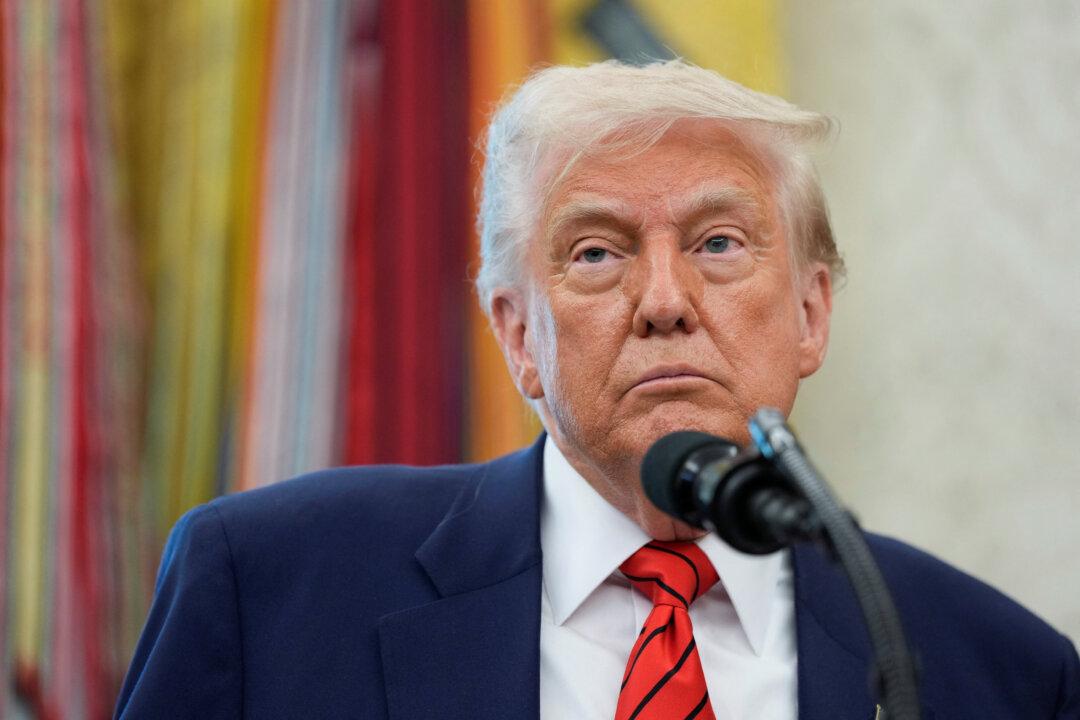President Donald Trump on Friday delivered his clearest remarks yet on whether he wants Republicans to include a provision raising taxes on wealthier Americans, saying that it’s “probably not” a good idea.
“The problem with even a ‘tiny’ tax increase for the rich, which I and all others would graciously accept in order to help the lower and middle income workers, “ Trump wrote on Truth Social, is that Democrats would “go around screaming, ‘Read my lips,’ the fabled Quote by George Bush the Elder that is said to have cost him the Election.”





